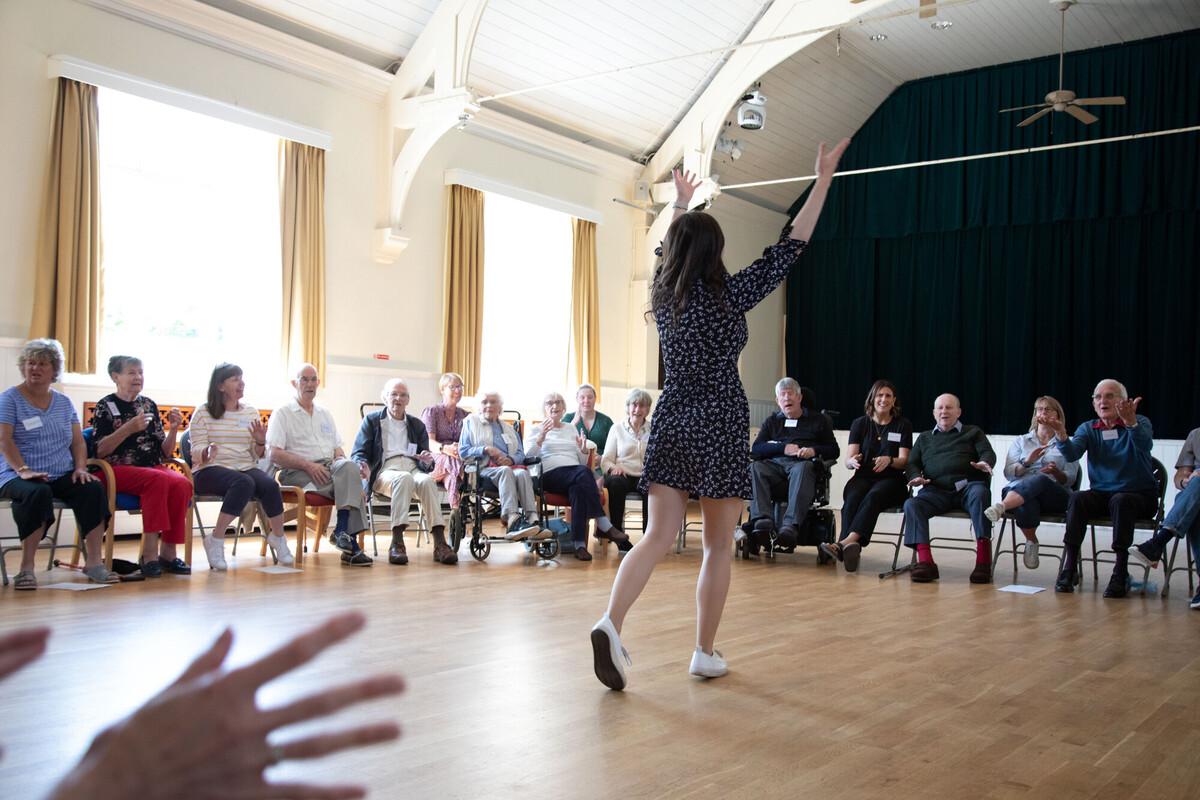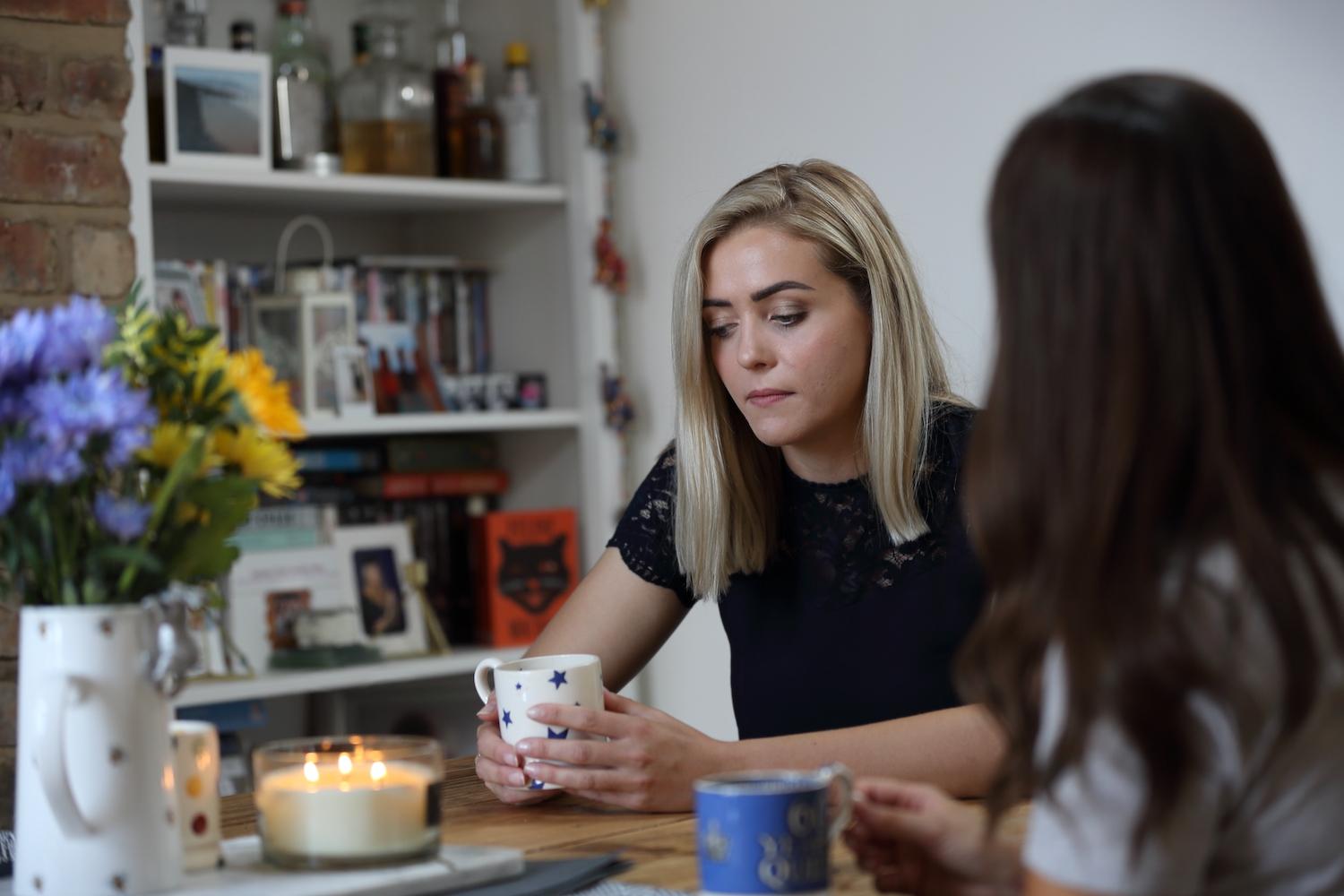If you're thinking of going on holiday after you've had a stroke, you'll find some useful tips and on this page as well as a handy checklist.
We all love a good holiday, don't we? Seeing new sights, eating new foods and just getting away from our everyday responsibilities. It's a great way to relax and recharge those batteries.
After stroke, planning that holiday can feel like more of a challenge than ever. So we've put together this checklist to help take away some of that planning headache.
You can find in-depth information about flying after stroke, travel insurance and travelling with medication on our holiday guidance page.
If you feeling anxious about going on holiday after your stroke, there are things you can do to build up your confidence. You can hear from other stroke survivors, as well as tips from our own team, check out the below video:
You may also find our forum a great place to chat with other stroke survivors about going on holiday.
The holiday checklist
This checklist includes some of the most common "to do's" when going on holiday post-stroke. There is information in this checklist for both international and regional holidays.
"It's important to get away on holiday to have a change of scenery and get back to some sort of normality because having a holiday is normal. And stroke survivors want to lead as normal life as possible within the constraints of their disabilities."
Rita, stroke survivor
Download the holiday checklist (pdf)
Insurance
It is a good idea to get travel insurance. This is a good idea whether you're travelling internationally or closer to home. Insuring your holiday means that, if something does go wrong, you can get some or all your money back.
If you are travelling internationally, we would also urge you to sign up for your Global Health Insurance Card. This replaces the EU health insurance card. It means that you can access emergency treatment for free if you are travelling outside the UK. You can read more about this on the NHS page.
You should always declare your stroke when arranging insurance and always double check what is covered by your policy. Not all insurance policies cover pre-existing medical conditions. This includes stroke.
The Stroke Association has a partnership with specialist medical travel insurer AllClear Travel. They provide comprehensive cover to stroke survivors. Find out more at our travel insurance page.
If you are flying...
Many people worry about flying after their stroke. We do have some information on our website and in the below video:
There are a few action points to take away.
First, you should always speak with your GP before flying. They can make sure that this is a safe option for you. They may also offer you advice on circulation and anti-coagulants.
And second, every airline and country has its own rules for flying with a medical condition. So make sure you and/or your travel agent has checked that you ok to fly.
Once you are happy to board, there may still be a few things you want to consider.
- Make sure you drink plenty of water before, during and after your flight. This can help with your circulation.
- Have plans for exercises and movement during the flight.
- Think about how you will need to move around the airport. If you think you will need extra help, make sure to contact the airline.
Other transport
This section is going to explore some things you might want to think about if you are not flying. As well as additional transport considerations even if you are flying.
It will also be relevant to anyone who needs to organise transport to/from an airport. If you are taking a train, coach or boat to your destination, you may also need to consider how you will travel to and from the station or port.
Consider how you will get around at the station or port. Will you need extra help? This could be either for mobility issues and/or fatigue.
If you think you will need extra time or support, make sure to contact all stations or ports you will be visiting. It's a good idea to do this at least 48 hours before you are due to arrive.
This includes journeys to the station, to your hotel, back to the station, and then back home again.
Hotel
When you or your travel agent make the booking, be sure to contact the hotel about any mobility or other requirements you have. Having this prepared before you arrive can make the whole process a lot smoother.
This can include everything from whether there are stairs to your room/the restaurant, to having your bags carried to and from your room. If you have medication that needs to be kept cool, make sure the hotel are aware and have facilities for you to use.
Medication - while travelling and when you arrive
Speaking of medication, travelling with medication is not without its complications.
In addition to storing them when you arrive, you may have to consider how you will transport these. If you are flying or if you have a long train journey, you may need to consider a way to keep them cool.
Flying with liquid medication can, of course, also make things more complicated. So make sure you speak with your airline.
If you are travelling outside the UK, you may also need to consider how your destination views your medication. You should always have your prescription with you when travelling abroad. Consider also asking your GP for a letter to confirm the prescription.
And, of course, take extra if you can. Just in case.
Destination activities
There will be things you want to do when you arrive at your destination. Sights you want to see and activities you want to try out. If you can, speak with the staff at these locations to find out if there is any assistance they can offer.
For example, if you are visiting a museum, you may want to consider asking if there are benches or resting places. If not, asking about bringing your own portable stool or other support options may be a good idea.
If you have any issues with communication, you may also want to contact the venue to ask about how they can help. Many places have specialist guide books and other assistive technologies.
A specialist travel agent can help you organise activities that take your mobility and other requirements into consideration.
Covid-19 (and other global events)
It wouldn't be the 2020s if we didn't have to include a Covid-19 section in a checklist. With rules changing all the time, you should always double check any Covid-19 regulations in your destination country. Consider bringing extra masks and/or test if you are concerned.
But Covid-19 isn't the only consideration you may have to include in your planning. You may need to think about other global events, regional restrictions, vaccinations, etc.
You should always check the latest government guidance before you travel.
Conclusion
All of the above may make it sound like travelling and going on holiday is more trouble than it's worth. So I'll leave you with these words from stroke survivor Daniel, because I think they say everything anyone needs to say about going on holiday:
"Make sure you have fun on holiday because that's what holidays are there for"
Daniel, stroke survivor
Other blogs in this category

Community, connection and coping - support for your mental health after stroke
Having stroke can impact on your daily life, relationships, and…
Learn more

Feelings of grief after a stroke
The process of coming to terms with a stroke diagnosis can be…
Learn more

